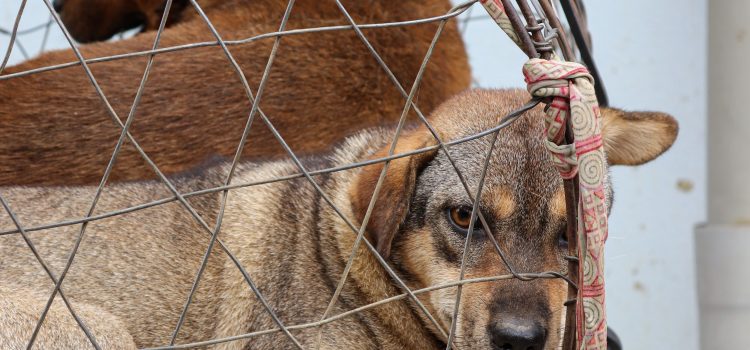
Animal cruelty has long been a dark stain on humanity, with countless innocent creatures suffering at the hands of humans. However, amidst the darkness, there is hope for a brighter, cruelty-free future. It’s time to shed light on the urgent need to end animal abuse and embrace ethical living.
Animal cruelty takes many forms, from factory farming and animal testing to fur farming and wildlife exploitation. Animals are subjected to inhumane conditions, exploitation, and suffering for human purposes, often driven by profit and convenience. The ethical implications of such practices are undeniable, and the time has come to address them head-on.
The concept of ethical living involves making conscious choices that prioritize the well-being and rights of animals. It goes beyond simply avoiding products and practices that harm animals, but actively supporting cruelty-free alternatives and advocating for policy changes that protect animals from abuse.
One crucial aspect of ethical living is adopting a cruelty-free lifestyle, which means avoiding products that are derived from or tested on animals. This includes cosmetics, household products, and food items that have been produced through unethical means. By supporting cruelty-free brands and products, consumers can send a powerful message that animal abuse is not acceptable and demand more ethical practices from industries.
Another significant area of concern is animal testing, which is often conducted in the name of scientific research or product safety. However, the scientific validity and ethics of animal testing have been increasingly questioned. Many alternative methods, such as in vitro testing and computer simulations, have been proven to be more reliable, cost-effective, and humane. Advocating for the use of alternative testing methods and pushing for stricter regulations on animal testing can help pave the way towards a cruelty-free future.
Furthermore, the impact of animal agriculture on the environment and animal welfare cannot be ignored. Factory farming, for instance, contributes to deforestation, pollution, and climate change, while subjecting animals to horrendous conditions. Embracing plant-based and cruelty-free diets can significantly reduce the demand for animal products, leading to more sustainable and compassionate food choices.
Ethical living also extends to wildlife conservation, advocating for the protection of endangered species, and ending the exploitation of animals in the entertainment industry, such as circuses and marine parks. It involves promoting responsible tourism practices that prioritize the well-being of animals in their natural habitats and supporting conservation efforts to preserve biodiversity.
The need for change is urgent, and as a society, we have a moral obligation to end animal abuse and embrace ethical living. It’s time to be the voice for the voiceless and demand more humane, responsible, and compassionate treatment of animals. Together, we can create a brighter future where animals are respected, protected, and cherished, free from cruelty and exploitation.










